“At school, I always asked myself what my teachers were really like as human beings”: Director Maria Speth on Mr Bachmann and His Class
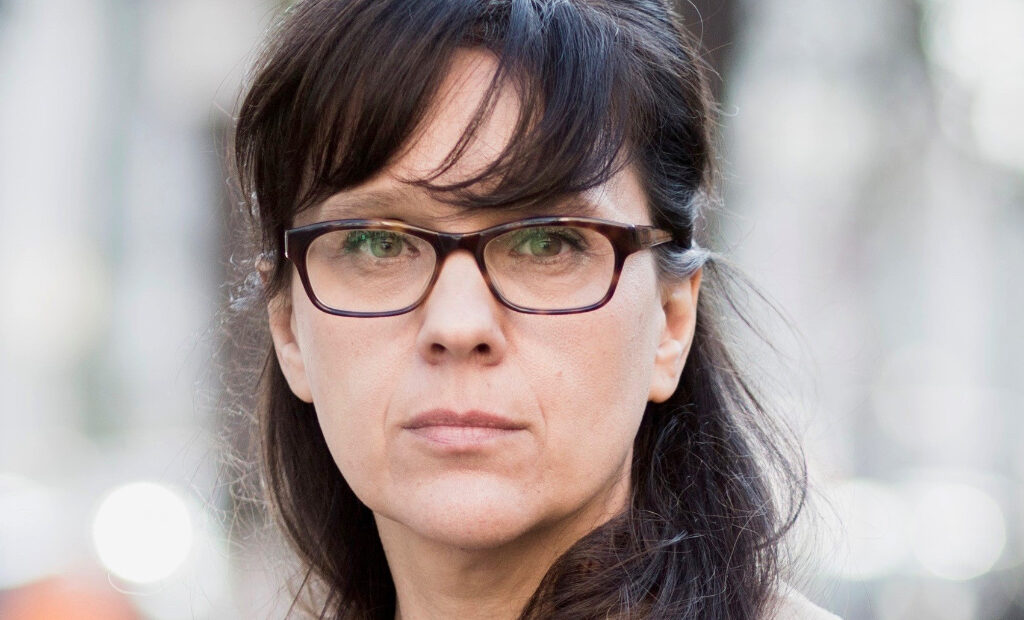
Director Maria Speth spent a number of years working on her latest documentary feature, and the end result is a three-and-a-half-hour observational study of a teacher and his class, exploring the importance of preparing youth for adulthood. It’s a warmly engrossing piece that premiered in competition at this year’s Berlinale. We spoke with the director about how the initial focus of the film needed to be refined, as well as the importance of the setting itself.
What came first – the desire to make a documentary about the educational process, or meeting Mr Bachmann himself?
MS: The whole project really started more from the town of Stadtallendorf – and really, I see that town as one of the protagonists in my film. I was made aware of this town through Mr Bachmann, who I knew, but the story of this small provincial village in the middle of Germany that was turned into a major munitions plant – the biggest munitions plant in Europe during the war, by the Nazis, probably because it had great infrastructure – it was in the middle of Germany, it was somewhat out of the way and hidden, but you could still get stuff in and out easily. I found that fascinating, also because when I visited the town, you can still see this strata of history throughout the town. For example, you will still see all these buildings, these factory buildings, that weren’t demolished after the war – you can see them with these trees on their roofs in order to make them invisible from the air, and that I found fascinating.
So the town itself was as important to the film as any of the people in it?
MS: To me, the importance of Stadtallendorf as a protagonist was a given, because also with its importance as a Nazi munitions plant; this was the main reason for the town’s diversity – its incredibly interesting makeup – because firstly, this was a village. They brought in forced labour, thousands of people doing forced labour in the plants, including a thousand Jewish women who were brought in from a nearby concentration camp. Then after the war, displaced persons moved in from the ex-German eastern areas, and then after a while, Germans didn’t want to do the dirty work in these factories, and so a huge wave of guest workers came in, starting in the 60s. There were all these different migration waves that Germany has gone through over the past decades, and they are very visible in the town, in its ethnic makeup, which I find particularly interesting because we tend to think of this as a big-city issue. Stadtallendorf is really a very small town, but just as diverse as many other places.
How did Mr Bachmann himself eventually become the focus?
MS: After all this interest in the town, I visited Mr Bachmann at his school, and it became clear to me that the school really was a culmination point for all the different movements I wanted to show, because you could see the demography of the town reflected in the school, and at that point it was more a project about the school, then Bachmann took over at some point as the other protagonist – I focussed more on him because he was such a special person.
How did you get the school to agree to having a documentary filmed on the premises?
MS: Originally, I had a different approach to my film, even though Mr Bachmann’s class was a big part of this. I originally had an idea about a theatre project I thought I would do at the school with 15-year-olds about their first love, and for many reasons that became very complicated. I pursued that for about a year or two, so I was already very much present at the school, and during this time, I hit upon the fact that the sixth grade was a particularly interesting topic for my film, because it’s the final year of this school before students are distributed to other schools – you know, sort of sifted for achievement – so there were a lot of interesting aspects there. I think the headteacher at the time was easily convinced: I received permission without too much of an issue because there was already this trust, because I had been working there for a while. Even after that decision, we originally filmed in three different classes, including a class run by one of Mr Bachmann’s ex-students – who is now a teacher himself – and another class. But the more we prepared this, the clearer it became to me that it was still too broad, and I focussed on the particular microcosm of Mr Bachmann’s class. I have to add that we had seven shooting periods in which we took all our footage and of course, we ended up with a lot of material – over 200 hours – and what you see now is only three hours of this wealth of material, with this focus that I described earlier.
The film depicts all these different children from different backgrounds, all together within a shared environment. Do you think that your film makes an important point about the nature of inclusion?
MS: My intention wasn’t to start an educational debate or propose a new educational model. It really came from the specifics of this particular township, Stadtallendorf; its history, and more importantly, what this history did, and does, to its people. So mostly, we were very observational – we just went in and looked. But in a way, school is such an important place because it’s a place you can reach young people, and contribute to or stunt their personalities and their personal development. It’s vital to the people we become; all of our lives are strongly influenced by our experiences at school. To me, this school is especially a place where people meet. I’m not a politician, and I’m not an expert, and I don’t really want to be prescriptive here, but what I wanted to do was pose the question that everyone should ask of themselves: what kind of human beings do we want to be, and how to create spaces where all sorts of positive things can happen. At school, you will only be able to learn when you have space for that, when you trust yourself – when there’s that feeling of security. When I was a kid at school, I always asked myself what my teachers were really like as human beings – not just their school personality. And what is striking about Herr Bachmann is that he is willing to be open, to lay that open, with all his strengths, and also his weaknesses. He always lets his soul shine through, and to me, that is perhaps the most important thing about the film.
Have Mr Bachmann or any of the students in the film had an opportunity to watch the finished product?
MS: The fact is that really nobody has seen it yet, including anyone depicted, because I barely finished it in time for Berlinale. Even Herr Bachmann hasn’t seen it, but with Herr Bachmann and the other teachers, we always discussed that we would rent a cinema as soon as the pandemic allows and show it to them, because it’s important to me to see it together with them. I think it’s going to be very special. The children I depict in the film have almost become adults – it was almost four years ago, so they must have changed. And not everybody is still in Stadtallendorf; particularly one of the girls I depict from Bulgaria – I know she has moved back to Bulgaria, so there’s going to be quite the research phase to make sure we find as many as possible, and hopefully make it possible for them to see the film. I’m looking very much forward to that and I hope that they will like it.
Oliver Johnston
Photo: Wolfgang Borrs
Mr Bachmann and His Class (Herr Bachmann und Seine Klasse) does not have a UK release date yet.
Read our review of Mr Bachmann and His Class (Herr Bachmann und Seine Klasse) here.
Read more reviews from our Berlin Film Festival 2021 coverage here.
For further information about the event visit the Berlin Film Festival website here.












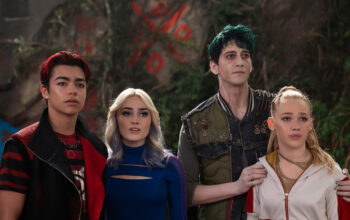
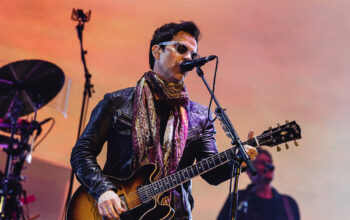
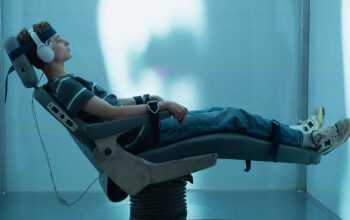

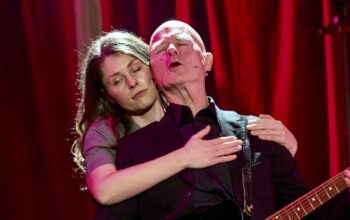





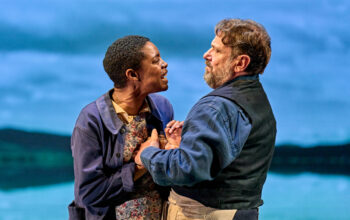

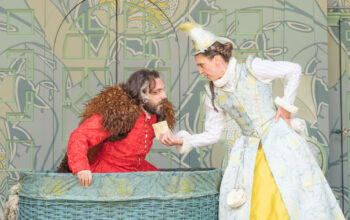
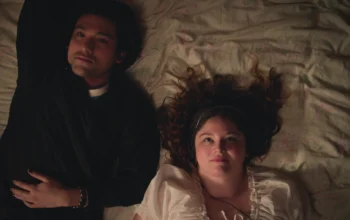
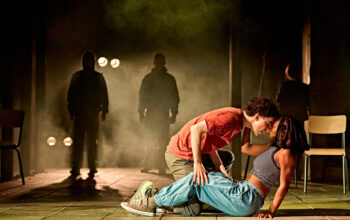
Facebook
Twitter
Instagram
YouTube
RSS